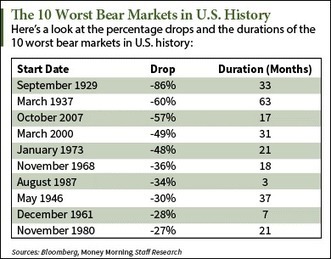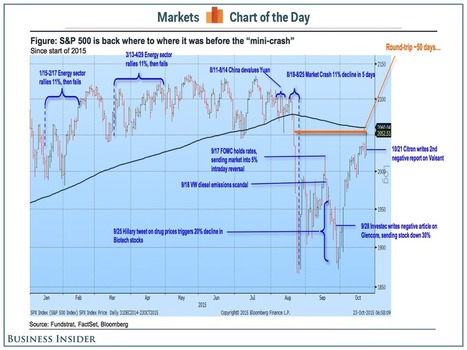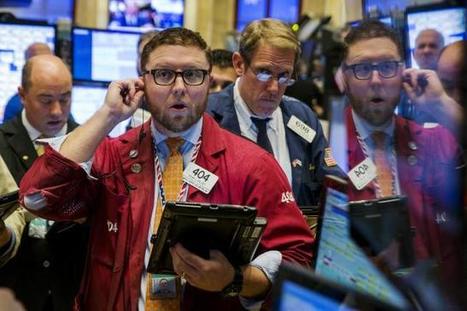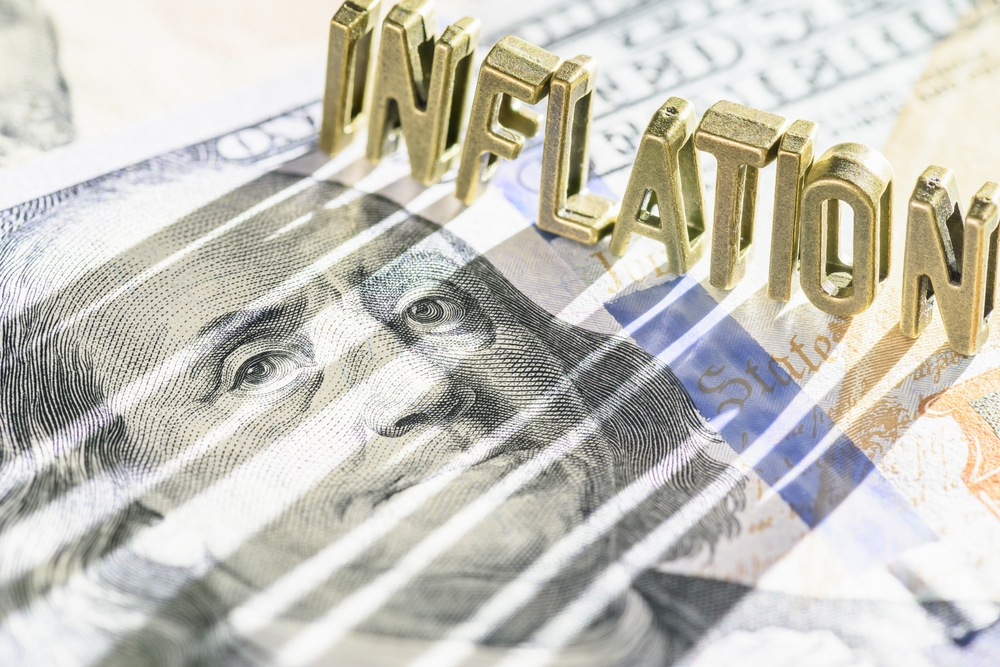First market breadth is diverging with the New 52 week high low indicator not confirming the recent retest of highs in the S and P 500:
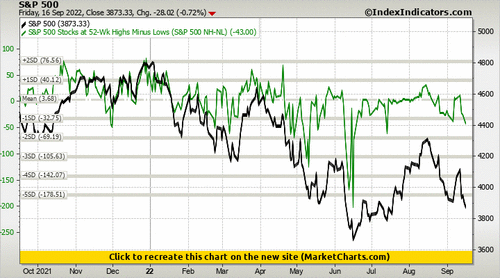
High beta segment of the market such as the Nasdaq is beginning to under perform the broader market much like in 2000:

The Skew Vix ratio as shown on stockcharts has spiked into double digits recently suggesting high tail risk, which is often a precursor to rising volatility and a risk off trade set up:
All this as we are in the middle of an emerging market currency crisis much like in 1998 unsupported by a tightening FED:

High beta segment of the market such as the Nasdaq is beginning to under perform the broader market much like in 2000:

The Skew Vix ratio as shown on stockcharts has spiked into double digits recently suggesting high tail risk, which is often a precursor to rising volatility and a risk off trade set up:
All this as we are in the middle of an emerging market currency crisis much like in 1998 unsupported by a tightening FED:
Emerging markets currencieshttps://t.co/iMzAOoBsZ4 pic.twitter.com/1f4DfSdl1e— Chart of the day (@macrovaluechart) August 16, 2018
Quantitative Tightening Update (June 2018) – 5 Fed Charts https://t.co/IvFzZqBq2c via @seeitmarket— Stéphane Collot (@stephanecollot) August 16, 2018





